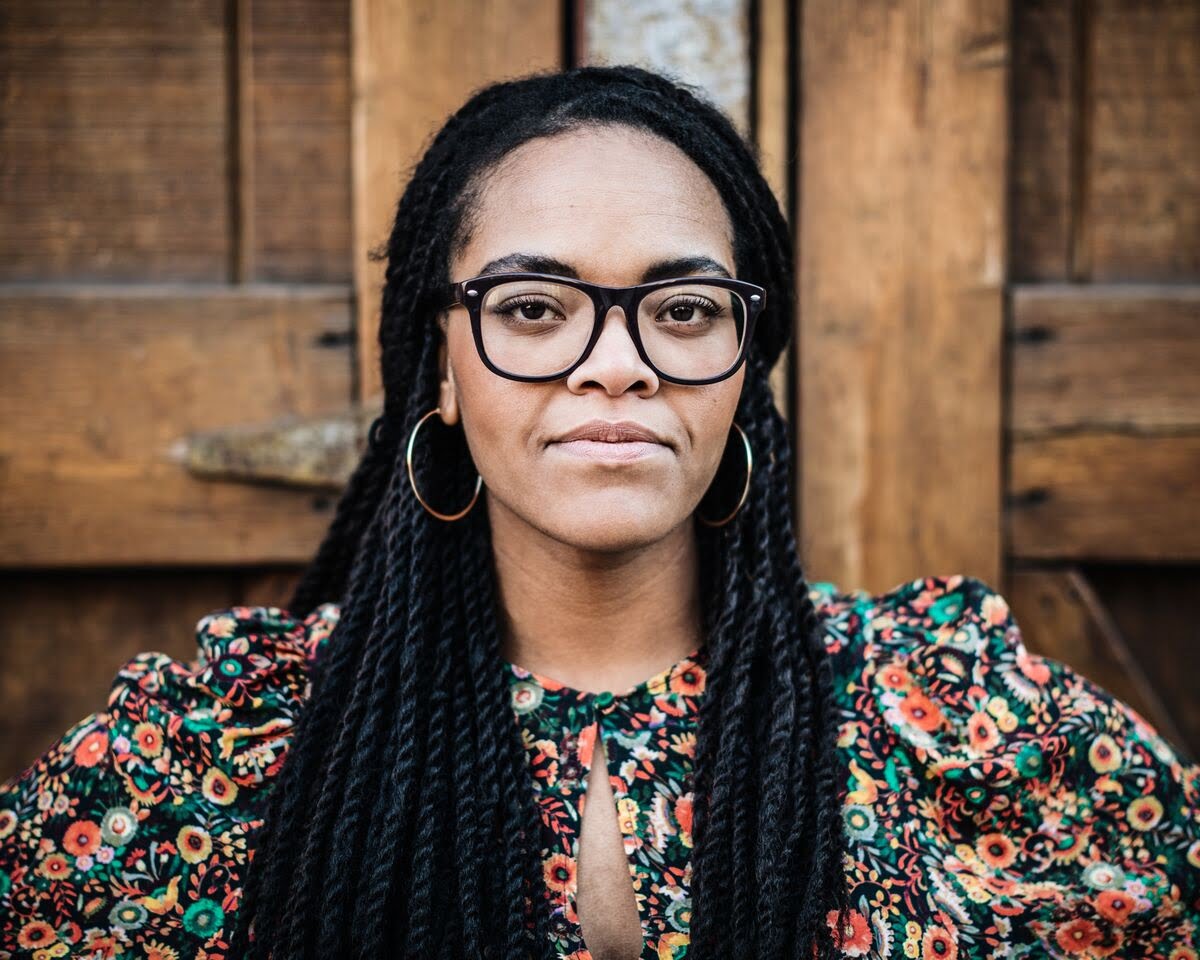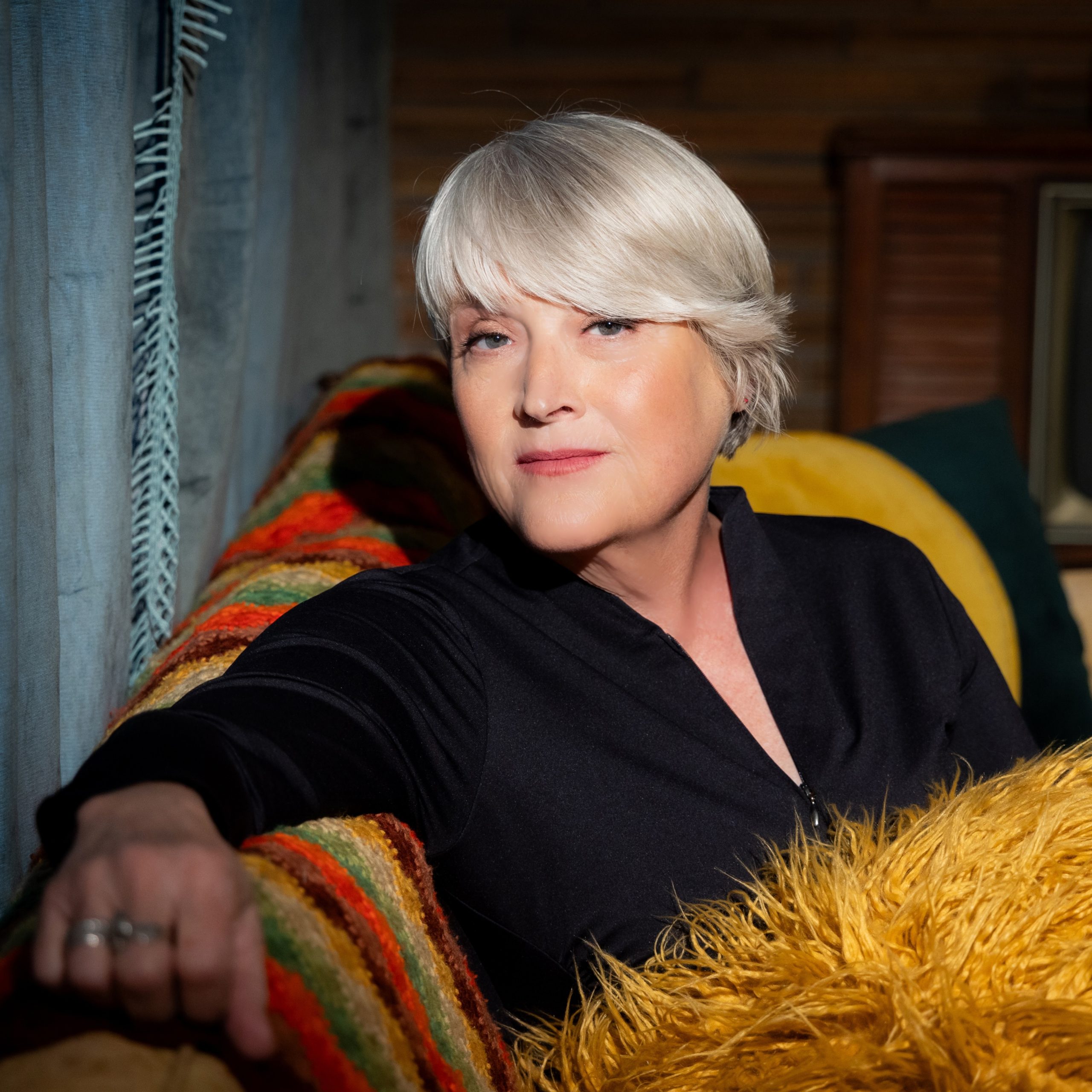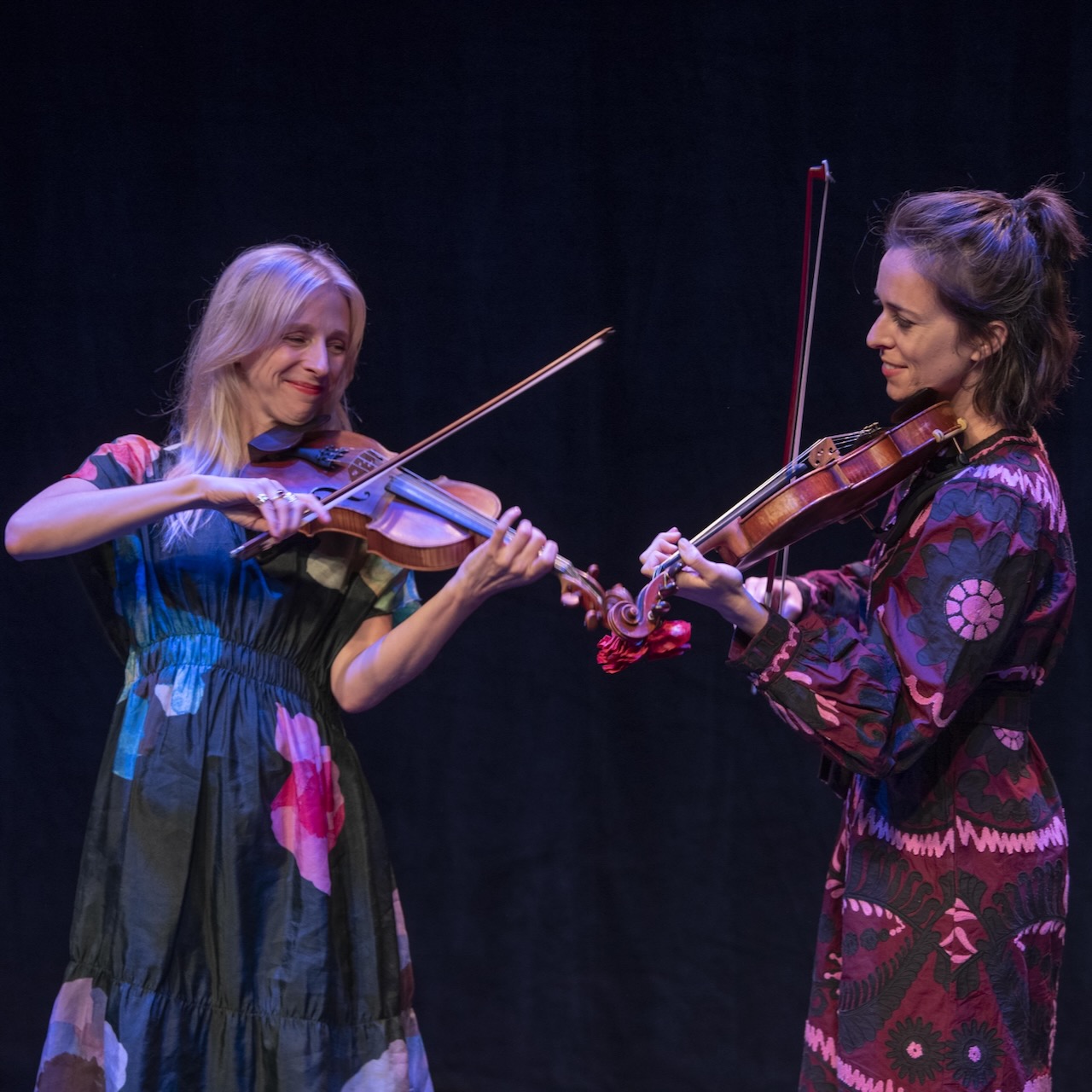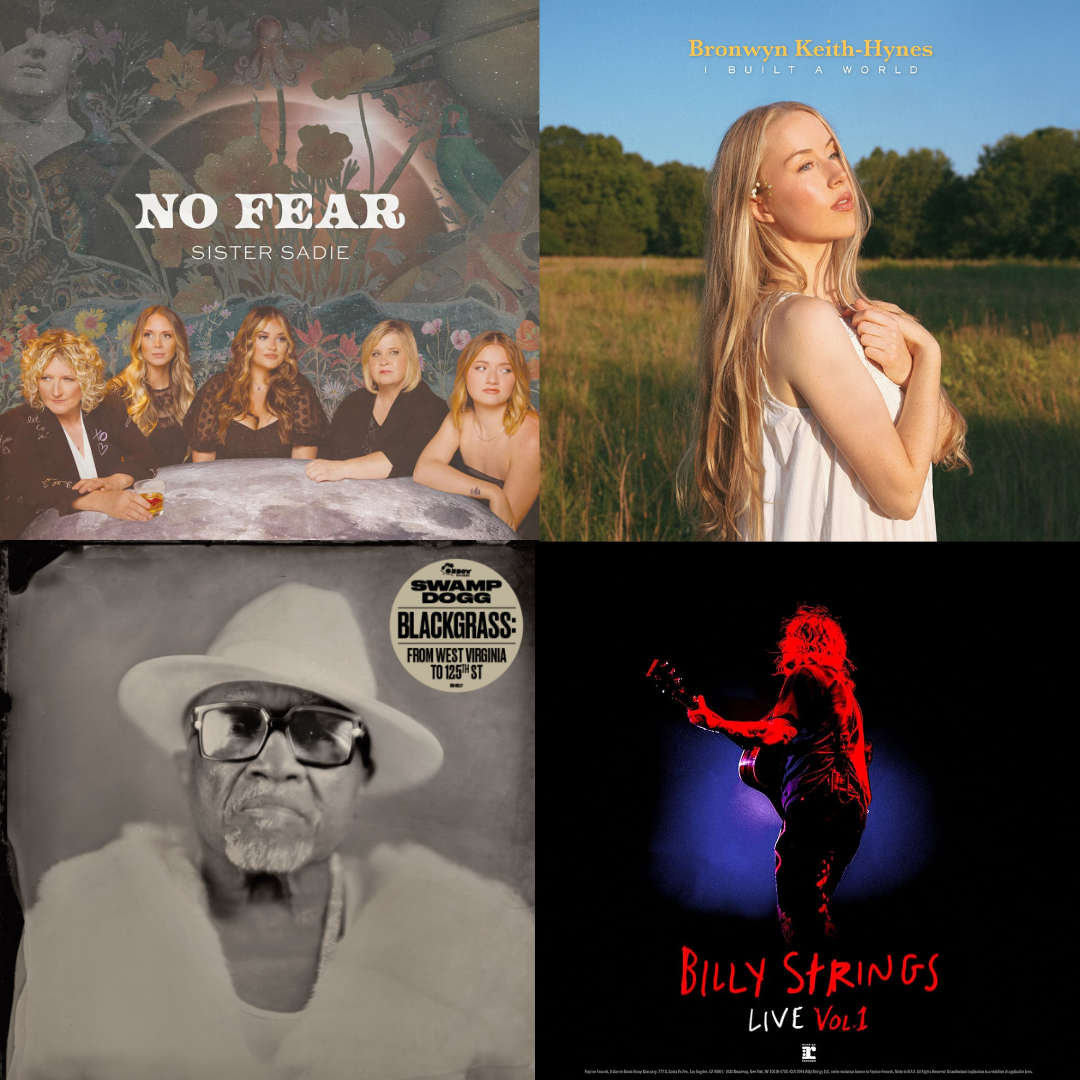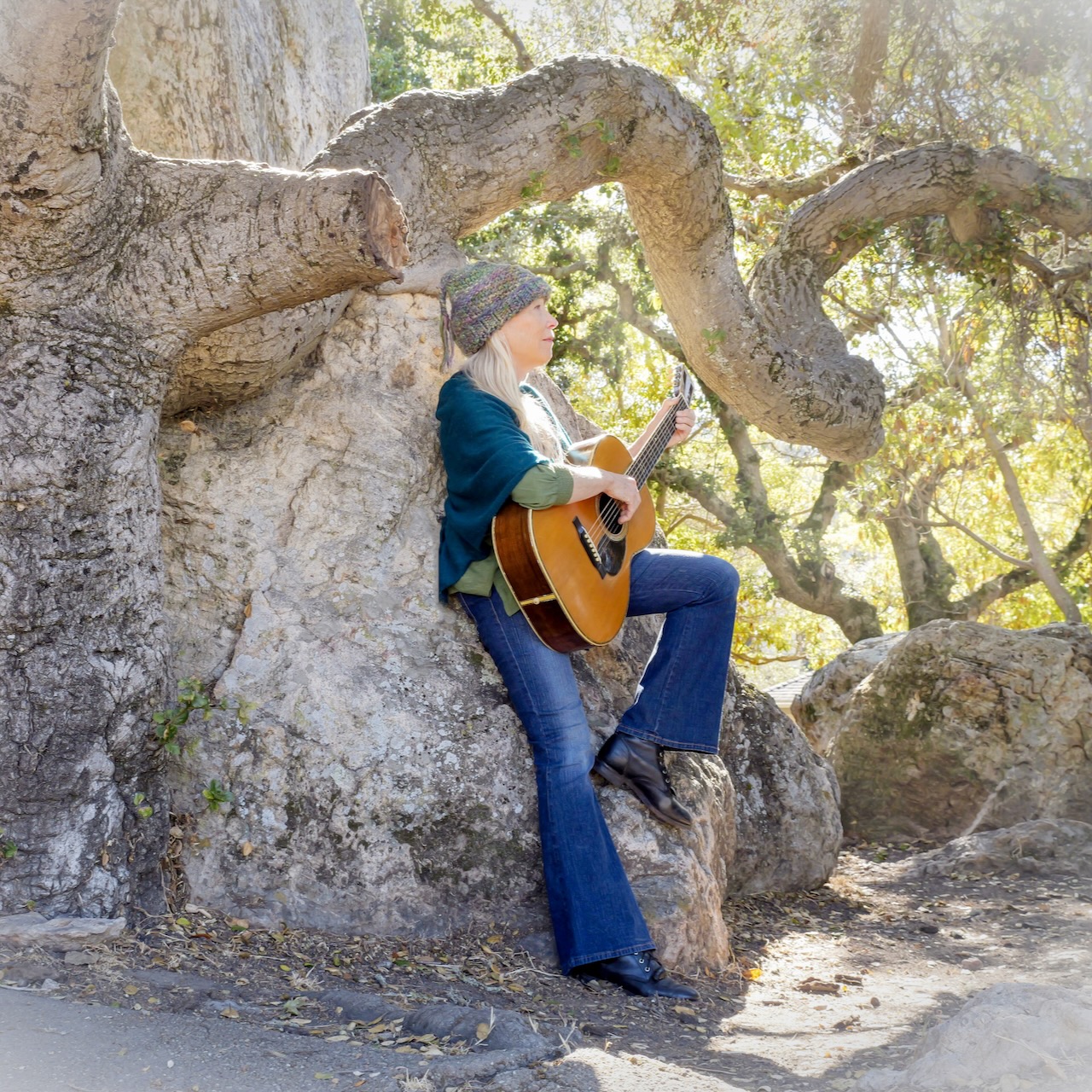Despite never having desired a musical career, Liz Vice set about answering a higher calling with her 2015 debut album, There’s a Light. She spread a message of inclusivity and love, even while self-doubt, impostor syndrome, and a hellacious tour threatened to upend her very sense of self. Making it to her sophomore album, Save Me, therefore became an incredibly personal celebration—a heady reminder about how faith in something bigger than yourself can serve as a beacon in this messy world.
Across Save Me, she touches on personal topics (the illness that very nearly ended her life when she was younger, the crippling doubt that got in her way at the start of this journey) while looking outward to the community. On “Brick By Brick,” she reminds listeners about the central tenet, “Love thy neighbor,” as a rippling synth takes the brooding gospel track into a clarion call for kindness. No matter what listeners’ relationship with faith, religion, or belief might be, Vice’s message is as old as time – and more necessary than ever.
There’s this saying I’ve always appreciated: “Sometimes the wrong train gets you to the right station.” Here you set out to pursue film production, but life led you to music instead. How do you feel about your journey?
It’s always, “What the hell am I doing? How did I get here?” It’s only been four and a half years; I still wonder. I feel like this record is so different, it’s so much more me because it does involve my storytelling abilities, and working with somebody who’s also a great storyteller—Micah Bourne. I get to use aspects of film—storytelling—but instead of the camera, it’s with a melody. It’s still hard, but I think about, man, production’s really hard. You’re not getting paid much, you still get treated like crap, and I was typically the only brown person on set.
Which has its own complications.
Oh, one hundred percent.
Besides the opening cover song, the other tracks are all originals. What did your writing process look like this time?
I wrote with Micah Bourne, a spoken word artist, and Dana Halferty, who I met on set. I was listening to music, and I was like, “God, I’ve never written a song, and I’m terrified to do this thing that I feel like you’re calling me to do. Am I doing this out of a religious mindset?” Honestly, I don’t think Jesus would be very religious. We can’t earn our way into his good side, so am I doing this because I feel like he’s given me an opportunity to reach people and remind them that they’re loved? Or am I doing this because I feel a sense of religious duty?
Slowly, I feel like He’s been undoing this mindset of religious duty. The first time I ever heard this was when I was playing a blues festival—it was like my fifth show ever playing in front of an audience. This was the first time I got so nervous I cried. I sat on my couch and I felt God say, “I’m not asking you to save them; I’m just asking you to sing over them.” There have been so many shows where people say, “Oh my gosh, like I’m an atheist but I love your message. It’s something we can all relate to.”
You said you got more personal on this album.
“Baby Hold On,” I wrote that after one of the worst tours I’ve ever been on; I was like, “I’m done.” One of my drummers had to be sent back because his mom got sick out of nowhere, and then she ended up dying three months later. Then I fell down the stairs and broke my toe and had to drive three hours to sing in New Hampshire with my foot elevated on Vicodin.
It sounds like a testing ground, like “How much do you want this?”
I’m like, “I don’t want this!” This broken foot, and one of my drummers who I freakin’ adore, his mother passes away. This comes after our suitcases were stolen in San Francisco and then a month prior to that I got in a car accident—my friend’s car was totaled and I had a herniated disc. I’m just like, “God, I don’t want this. You have the wrong person. I told you I wasn’t strong enough, I told you that I didn’t want this bad enough” So having this real Moses moment. I listened to “Baby Hold On” and as soon as the “oohs” came in with the choir I started to cry. Sometimes I feel like it’s the words unsaid that hit me the most.
Even if you have a contested relationship with faith or you don’t believe in anything, there’s such a good message about kindness and community on Save Me.
Right, and I also think that we make God so small. He’s not logical, he’s not realistic. There are things I will never understand, and I have to let myself be OK with that. It’s not just me and God, me and the Bible, it’s me and people around me. … Everyone has a story, and it might not fit into this pretty package that we want it to fit in.
Even [Plato’s] Allegory of the Caves, I love that story. These three men are hanging from shackles and they’re living off the shadows of the world, and then one actually goes in the world to experience it, and he’s like, “Oh my gosh, so that shadow is this, and that shadow is this,” and the other prisoners beat the hell out of him. It’s like, how many times do we choose to live off of the shadows instead of the actual source?
Especially with social media, which might be the biggest metaphor for living off the shadows. What was a big turning point for you on this album, a way out of the shadows into the truth?
I want to be OK in my body. Once I can accept that I am a created being and there’s beauty in all that I am, even my deep voice that sounds like I smoke cigarettes every day and I don’t at all. Once I can love myself for who I am in a whole way, I really do believe, if you love yourself, you can love other people well.
Absolutely. I think that’s where it needs to start. In order to look outward, you need to start inward.
That’s one of the top commands—love God with all your soul and with all your might, and love your neighbor. If you want to love God, you have to love your neighbor. That is a sign you love God because He made them too. I’m not perfect at that, but what does it look like to start the conversation about what it actually means to love your neighbor?
How has your connection to God changed since moving from Portland, Oregon, to New York City?
I love living in New York City, and the reason why is because of something I didn’t necessarily get when I lived in Portland, like diversity.
Yeah, there’s that.
For the lack of nature, people try to tell me, “You can go to this park or that park,” and I’m like I literally lived at the bottom of an extinct volcano [in Portland]. I lived by the Gorge, where you drive 20 to 30 minutes east and you’re seeing waterfalls and canyons. I’ve lived here for a year and half, and already so much has changed since I moved here, so it really is like a constant recalibrating—like GPS—of how do I silence my mind, how do I connect with a spiritual being who doesn’t tend to work in a way that most would want to—with fireworks and earthquakes and raging fires? Sometimes it’s a whisper and you have to lean in more, but you have to position yourself in order to hear the whisper.
It’s got to be an interesting practice to explore. As you said, in the city you have this greater sense of humanity to remind you of something bigger.
No one looks at each other on the subway so it’s perfect for people-watching. I see every shade of people next to each other, and so many different languages, it really feels like heaven to me. Even though this place can be a hot mess, I just look at it and I think, “Man, God is in love with this city.” Even people who don’t even know Him! I love it here. It hurts so good.
Photo credit: Katrina Sorrentin

